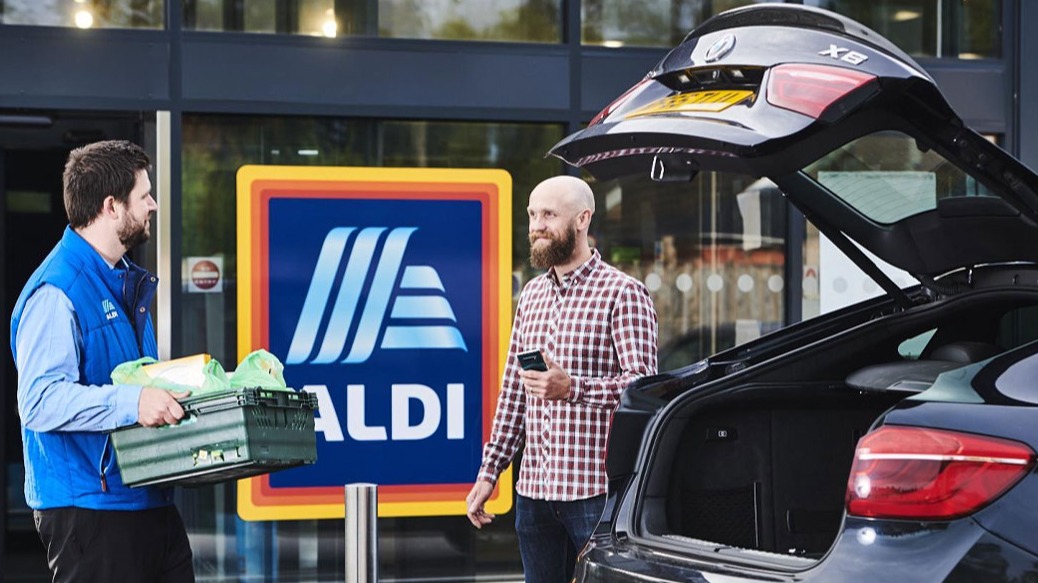Klarna, the Swedish financial technology firm known for its buy now, pay later services, has announced the launch of two new banking products as it seeks to disrupt the retail banking sector.
The move comes as the company edges closer to a potential initial public offering (IPO) in the United States.
The new offerings, called "balance" and "cashback", are being rolled out across 12 markets including the US and several European countries. Klarna balance allows users to store money in a bank-like personal account, which can be used for instant purchases and to pay off buy now, pay later loans. Customers can also receive refunds for returned items directly into their balance account.
The cashback feature offers customers the opportunity to earn up to 10 per cent of the value of their purchases at participating retailers as rewards. Any money earned is automatically stored in the user's balance account.
Sebastian Siemiatkowski, Klarna's founder and chief executive officer, told CNBC: "These new products make it easier for customers to manage multiple scheduled payments, helping our customers use Klarna for more frequent purchases and driving loyalty."
In the European Union, where Klarna holds an official bank licence, customers will be able to earn up to 3.58 per cent interest on their deposits. However, US customers will not have access to this interest-earning feature.
The launch marks a significant expansion of Klarna's product range as it prepares for a much-anticipated IPO. While no fixed timeline has been set, Siemiatkowski stated in a February interview that a public listing this year was "not impossible".
Reports suggest Klarna is aiming for a valuation of around $20 billion when it goes public. The company is reportedly in talks with Goldman Sachs to lead the IPO process, though spokespersons for both firms declined to comment on these reports.
Latest News
-
Ikea pilots in‑store Decathlon as first UK third‑party ‘blue box’ scheme
-
Violence against retail workers remains at second highest level on record, finds BRC
-
Dunelm launches app to improve shopping experience
-
Lululemon to open 100th EMEA store in Poland
-
Retail sales log strongest monthly rise since May 2024 as January volumes jump 1.8%
-
Clarins launches AI-powered makeup matching tool
Beyond Channels: Redefining retail with Unified Commerce
This Retail Systems fireside chat with Nikki Baird, Vice President, Strategy & Product at Aptos will explore how unified commerce strategies enable retailers to tear down these barriers and unlock new levels of operational agility and customer satisfaction.
The future of self-checkout: Building a system that works for consumers and retailers
In this webinar, industry leaders discussed what the future of self-checkout looks like and how retailers can make the technology work for everyone.
© 2024 Perspective Publishing Privacy & Cookies










Recent Stories